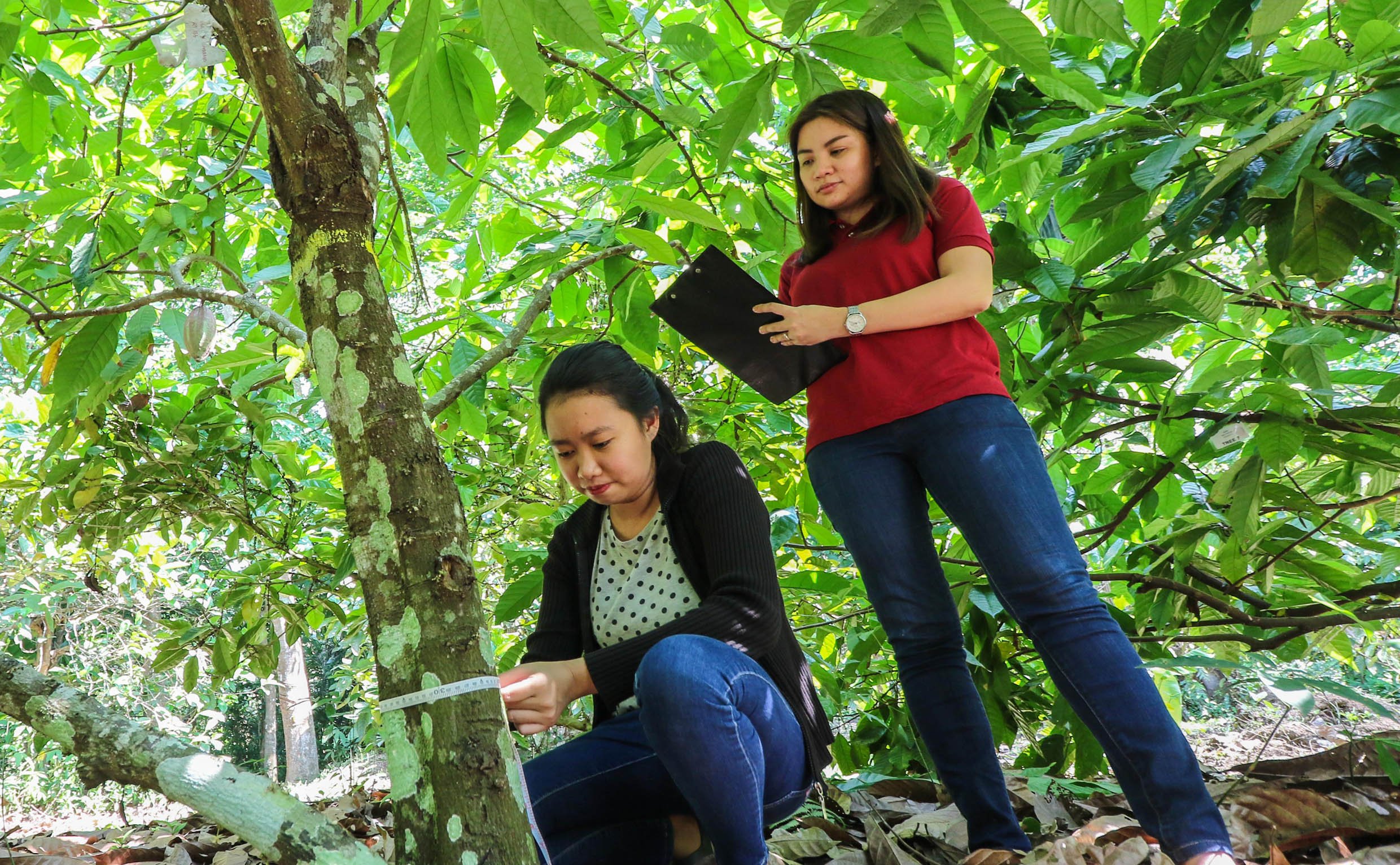As we make strides in innovation through the years, climate change and other threats to the environment loom even closer.
This is why UPLB researchers are taking a closer look at the environmental footprint of a product in its lifecycle–from production to disposal–to reveal how its impact on the environment can be reduced.
Environmental footprint is defined by the University of Cambridge Dictionary as the effects of human activity on the environment.
With the intent of creating a niche for itself in this research area, UPLB recently established the Interdisciplinary Life Cycle Assessment Laboratory (ILCAL).
A brainchild of Dr. Rex B. Demafelis, vice chancellor for research and extension, ILCAL focuses on studying the environmental footprint of products using the Life Cycle Assessment (LCA) method.
“Knowing the environmental footprint of a commodity can inform government and private institutions about solutions to lessen their harmful contribution to the environment. It also helps us inform the public about environment-friendly products available in the market,” said Dr. Demafelis, who also chairs ILCAL.
Currently, ILCAL is facilitating several LCA projects on agricultural water allocation and management, abaca fiber, biodiesel from coconut oil, bioethanol, and swine production.
ILCAL researcher, Engr. Bernadette Magadia, explained that the LCA method examines all the environmental inputs and outputs of a product: “We analyze the entire supply chain [of a product] for possible harmful environmental effects, such as greenhouse gas emissions. Once the analysis is done, we interpret the data and then look for implications [on the environment].”
The concept of LCA is still new in the Philippines but it has slowly gained traction in national agencies like the Department of Agriculture-Bureau of Agricultural Research, Department of Science and Technology, and the Department of Energy.
“Sustainability is our priority, so once ILCAL’s projects are completed, we will engage policymakers and the government,” said Engr. Magadia.
“We want to be recognized as the national center of LCA that agencies assigned to craft and direct policies related to environmental footprints can always rely on,” Dr. Demafelis added.
Dr. Demafelis envisions ILCAL as a centralized analytical laboratory that connects and supports other centers for interdisciplinary studies. He also plans to establish a library where researchers could access LCA findings and results.
ILCAL has also established partnerships with local and international institutions, including the Water Footprint Network, a Netherlands-based global platform for collaboration to solve the world’s water crises by advancing fair and smart water use.
ILCAL is still in its infancy stage and Dr. Demafelis acknowledges that it still has not reached its full potential. This gives the center excitement about what it can contribute toward creating eco-friendly products and policies.
As ILCAL moves forward with its partners and stakeholders, it is committed to continue what it started―chart a path to reduce humanity’s environmental footprint.
(This was originally posted in the University of the Philippines Los Baños website on July 31, 2019.)

